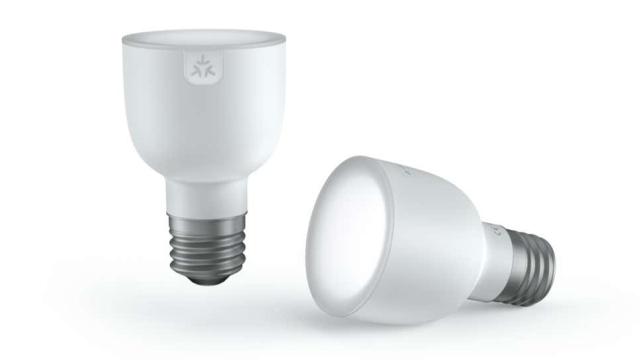The smart home standard we’ve been waiting on for what seems like centuries in gadget time is finally here. The Connectivity Standards Alliance (CSA) has officially released the Matter 1.0 specification and launched its product certification program.
We’ve been waiting nearly a year for Matter to make its way public. Originally, the wifi, Bluetooth LE, and Thread-reliant specification was scheduled to launch last summer. But to ensure that the tech was fully baked, the CSA decided to take its time. “That’s an absolutely critical element to ensuring rapid adoption and market success — but we need to get it right,” CSA CEO Tobin Richardson said last year. “The ultimate goal remains to deliver a specification and SDK that delivers on our promise.”
We were still in the throes of the pandemic and affected by a supply chain shortage, which meant it wasn’t the proper time to come barreling out of the gates with brand new technology. But now, Matter 1.0 is available, and at least eight authorised test labs are open to help certify those connected gadgets. Additionally, any CSA members with devices that already have plans to update to Matter support will be able to do so once certified. The first Matter-enabled devices are just around the corner.
I have some Matter-enabled gadgets in my lab, and I’m hoping to get testing going as soon. I don’t believe Matter will revolutionise the smart home, but that’s because you might not notice its existence for a while. The real test of Matter will be how it integrates with new devices being brought into the smart home and whether it makes it more user-friendly for folks who aren’t the tinkering type.
Fortunately, all the big names are behind the Matter standard, including Apple, Amazon, Google, Samsung, and Signify, which makes Philips Hue smart bulbs. There are about 280 member companies so far that have signed on. And there are already devices on the shelves to choose from like the newest Yale Assure Lock 2 smart lock, which I hope to test in the coming weeks. It offers a Matter-enabled module that you can swap in to easily convert your smart home. Google also announced earlier that it would include Matter integration in its Nest Wifi Pro, though the Nest Hub Max, Nest Hub 2nd-gen, and last-gen Nest Wifi have long been compatible.
Amazon has already clarified that most of its existing devices will be updated to support Matter within its first days of launch, including the Eero mesh wifi routers. Samsung’s devices are also on board, including its smart TVs and smartphones, which will act as centralised controllers using the SmartThings app.
“This release is the first step on a journey our community and the industry are taking to make the IoT more simple, secure, and valuable no matter who you are or where you live,” said Richardson in today’s press release. While the industry and consumers are excited about a one-size-fits-all connectivity standard, there remains an air of dubiousness about how much more user-friendly it will be compared to the old ways. I look forward to testing how Matter will function in my smart home. But it will take a while before we genuinely grasp Matter’s efficacy.
